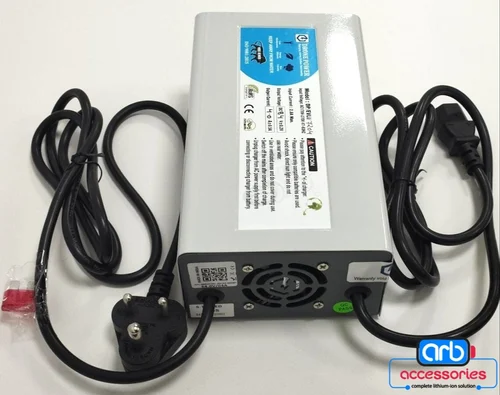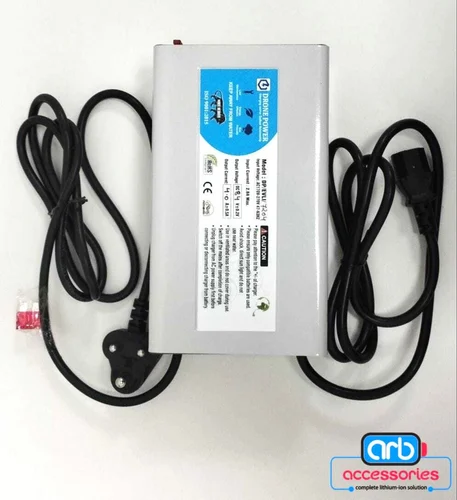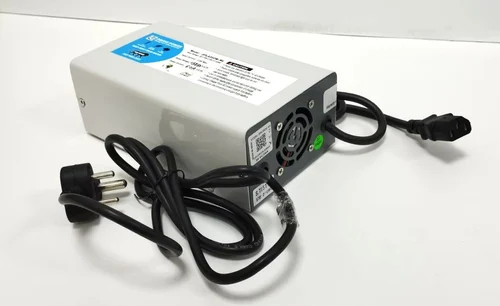Drone Power 29.2V-5AMP EV Bike Charger, NMC
₹2,000.0
Product Specification
| Vehicle Type | Bike |
| Usage/Application | EV Bike & E-Scooter |
| Brand | Drone Power |
| Battery Type | NMC |
| Warranty | 1 year |
| Pin Type | 3pin |
| Color | Grey & Black |
| Wheels Available | No |
| Cooling Fan | Yes |
| Country of Origin | Made in India |
| Minimum Order Quantity | 1 |
Product Description
We have NMC/ LFP/ Lead acid type Chargers available for more enquiry contact us.
- Description
- Additional information
- Reviews (0)
- Q & A
- Sustainability Remark
- More Offers
- Store Policies
- Inquiries
| brands | Drone Power |
|---|---|
| Color | Grey & Black |
You must be logged in to post a review.
Q & A
The sustainability of electric vehicle (EV) chargers primarily depends on a few key factors:
Energy Source: The sustainability of an EV charger depends on the source of electricity used. If the electricity is generated from renewable energy sources like solar, wind, hydro, or geothermal power, then the charger's operation becomes more sustainable. However, if the electricity comes from fossil fuel-based power plants, the environmental impact is higher.
Efficiency: The efficiency of the charger itself is essential for sustainability. Higher efficiency means less energy waste during the charging process, reducing the overall environmental impact. Advanced charging technologies, such as high-power chargers and smart charging systems, can optimize charging efficiency.
Grid Integration: Proper integration of EV chargers with the electrical grid is crucial for sustainability. Smart charging systems can help manage the charging load to avoid strain on the grid during peak demand periods. Additionally, bidirectional charging (vehicle-to-grid or V2G) allows EVs to discharge power back to the grid, supporting grid stability and reducing the need for additional power generation.
Manufacturing and Materials: The sustainability of EV chargers also depends on their manufacturing process and materials used. Sustainable manufacturing practices, such as using recycled materials and minimizing energy consumption during production, can reduce their environmental footprint.
End-of-Life Management: Proper disposal or recycling of EV chargers at the end of their life cycle is important for sustainability. Designing chargers with recyclable components and establishing recycling programs can minimize waste and promote sustainability.
To ensure the sustainability of EV chargers, it is essential to consider these factors and promote renewable energy integration, efficiency improvements, smart grid technologies, and environmentally friendly manufacturing and recycling practices.
General Inquiries
There are no inquiries yet.






















Reviews
There are no reviews yet.